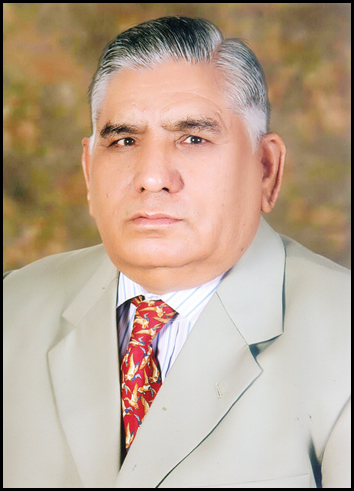

Shaukat Ali Jawaid
Death is inevitable, and everyone must face it sooner or later. Over the past two or three years, I have witnessed the death of many distinguished healthcare professionals, some of whom were my well-wishers and very dear friends. This has also provided me with the opportunity to visit various graveyards, which turned out to be a deeply disappointing experience.
The maintenance of these graveyards is extremely poor, and often it’s difficult to locate the desired grave. This is because undertakers frequently dig new graves in the small remaining spaces, making it harder to navigate the area. If a grave doesn’t receive visitors for a few weeks, it is likely to be forgotten and eventually disappear, as the space is used for new burials. These undertakers seem indifferent, treating it as just another routine task. In one of the graveyards, there is a mosque and the shrine of a religious leader.
Over the years, I have witnessed how their buildings gradually expand by encroaching on graves, doing so in a systematic and organized way that is difficult for anyone to detect. In some communities, particularly in large cities, there are well-maintained graveyards. For instance, in cities like Karachi and Lahore apart from some of the community graveyards, the Defense Housing Authority (DHA) oversees well-kept new graveyards though the old ones also present a dismal picture. However, these are often reserved for the privileged few, as not everyone can afford a burial there or even find space. On the other hand, many rural graveyards are maintained well by the local villagers, though they often lack the marble tombs commonly found in city graveyards.
Given these circumstances, the best place to die and be buried these days is in the village. It’s high time we promote a movement to encourage people to return to rural areas from the overcrowded cities. Not only would this improve the state of burial grounds, but it would also help alleviate the overcrowding in urban centers. In many developed countries, people prefer living in the countryside over the bustling cities. These rural areas are often well-planned, well-maintained, and offer natural beauty along with a pollution-free environment.



